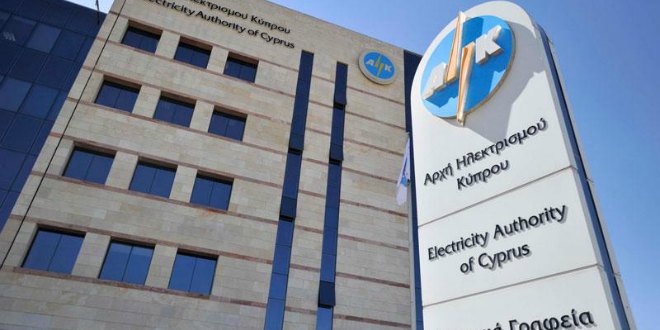The cabinet approved a Finance Ministry proposal to cut 10% VAT on household electricity bills for three months as part of its policy to tackle the fallout from the rise in energy prices.
Reducing the VAT rate on electricity bills to 9% is estimated to cost the government €19.5 mln (€6.5 mln per month).
The decision was announced by deputy government spokesperson Niovi Parisinou, who said the VAT would be slashed from 19% to 9% across the board, and down to 5% for low-income groups.
The VAT reduction to 5% would benefit around 34,000 households.
The reduced rate applies to bills from November 1.
The decree provides the following:
- A reduced VAT rate for electricity supply under the household price for vulnerable consumers from the normal VAT rate of 19% to the reduced rate of 5%, for six months from 1/11/2021.
- A reduced VAT rate for electricity supply for household pricing from the normal VAT rate of 19% to the reduced rate of 9% for three months from 1/11/2021.
The proposal was tabled by Finance Minister Constantinos Petrides last month in response to the calls made by the Parliament for further support to households amid an electricity price hike.
Earlier in December, MPs had approved legislation for across-the-board VAT reduction from 19% to 9% for all users, households, and businesses.
The legislation, which does not include an expiration date, is expected to be vetoed by President Nicos Anastasiades or sent to the Constitutional Court for review.
The government has argued that the legislation would negatively impact public finances.
Petrides has urged MPs to avoid tabling proposals that have a huge impact on public finances, especially when they affect state revenues and expenditures permanently and without being targeted.
“These revenues and sound financial management have allowed the government to increase social protection spending by 18% in 2020, compared to 2019, which is the third-largest increase in the EU, according to recent EU figures,” argued Petrides.
The reduction of VAT to 9% is over and above a recent decision by the Electricity Authority of Cyprus (EAC) to cut bills by 10% across the board until February.
However, due to the rising prices of fossil fuels, the 10% discount offered by the EAC will essentially be wiped out.
According to EAC’s estimates, businesses and households will pay 10% more for November than October, as the increase in energy cost was 20%.
Meanwhile, Cypriot households and businesses should brace themselves for another wave of increases in their electricity bills.
Green Tax reform on the government’s agenda would only increase the price of energy produced with fossil fuel even higher.
The increase in the cost of purchasing greenhouse gas emission rights is also expected to push prices further up.
Since January, the cost of purchasing emission allowances (EUAs) on the EU’s carbon market has increased by 170%.
In November, the cost increased by 50%, going from €60 a tonne to €90.










